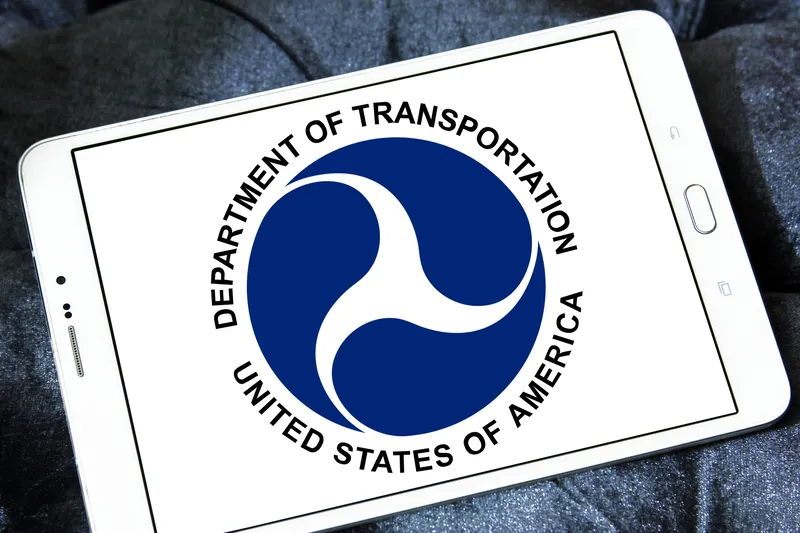
TagMaster, provider of RFID products and ANPR cameras, has acquired the majority of Quercus Technologies in a €5.5 million deal.
It now has 92.5% of shares in Quercus, which designs and manufactures video-based digital solutions for the parking sector.
“This is a highly strategic acquisition for us,” said Jonas Svensson, chief executive of TagMaster.
“In addition to making us a leader in parking solutions as well as increasing our share of B2B business, it strengthens us technologically in AI and video analytics and opens new geographical markets."
Quercus - whose sales for the nine first months of 2024 were around €6 million - is strong in Germany, Spain, Australia with some business in the US, said Svensson, while TagMaster's "main strengths" lie in the US, UK and France.
"Together, we gain new abilities to sell our respective solutions in new markets and to offer a broader range of products and AI-enabled solutions to our global customers.”
Quercus has installations in more than 60 airports, 80 shopping centres, hotels, universities, public institutions, hospitals, condominiums and offices.
TagMaster said the acquisition has significantly strengthened its offering for parking access, management and security.
Quercus has 45 employees and an R&D department with 15 engineers with expertise in video analytics, AI, software and hardware development.
Following the deal, the group will have a total of 60 development engineers, 30 of which are dedicated to further developing AI-based and computer vision solutions.
“We recognise and welcome the strength that the union will bring to both brands and the synergies that are immediately apparent with the other TagMaster companies,” said Jordi Moragas, chief executive of Quercus.
The acquisition is an all-cash transaction funded by cash at hand and a new bank debt facility of €4 million.









